GIS Development
Innovate and Evolve with Cutting-Edge GIS Development. From Concept to Code: Custom GIS Solutions Tailored to Your Needs

Streamlining geospatial workflows with intelligent development
At Spatial Design Hub, we specialise in developing geospatial workflows that optimise data analysis, formatting, and automation. Using powerful programming languages like Python and advanced geospatial libraries, we create customised solutions to handle complex spatial tasks with ease and efficiency. By automating repetitive processes and improving data accuracy, we help businesses save time, reduce costs, and unlock the full potential of their geospatial data. Whether you’re integrating datasets or building advanced analysis pipelines, our expertise ensures seamless, scalable solutions tailored to your needs.
Areas of expertise
Data Integation
Workflow Automation
Tools & Scripts
Find out more
Dashboards & Apps
Data Visualisation

Enhance Efficiency with Custom Geospatial Workflows
Let’s Build Smarter Solutions Together
-
A Geographic Information System (GIS) is a computer system that analyzes and displays geographically referenced information.
-
A GIS (Geographic Information System) Consultant is a specialist who focuses on utilizing technology to collect, analyze, and visualize spatial data for informed decision-making. Their responsibilities include data collection from sources like surveys and satellite imagery, implementing and customizing GIS software, providing training and support, and managing spatial databases. GIS Consultants work across diverse industries, contributing their expertise to address specific business challenges and oversee end-to-end GIS projects in areas such as urban planning, environmental science, agriculture, and public health.
-
A GIS consultant serves as an expert in Geographic Information Systems, specializing in the acquisition, analysis, and visualization of spatial data. They play a crucial role in helping organizations harness geospatial technologies to make informed decisions, solve complex problems, and optimize various processes. This involves tasks such as data collection, software implementation, customization, and project management, tailored to the specific needs of the client.
-
GIS consulting can bring significant benefits by enhancing decision-making processes through the analysis and visualization of spatial data. By leveraging GIS technologies, businesses gain insights into geographical patterns, optimize resource allocation, and improve overall operational efficiency. Whether in urban planning, environmental management, agriculture, or public health, GIS consultants help unlock the value of location-based information, providing a competitive edge and promoting sustainable growth.





